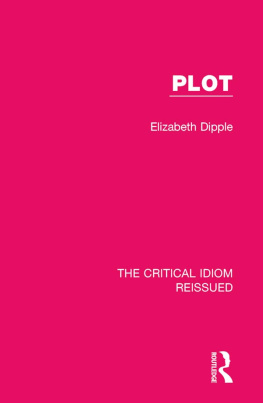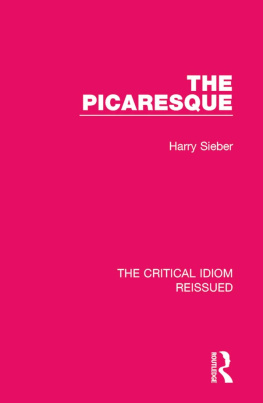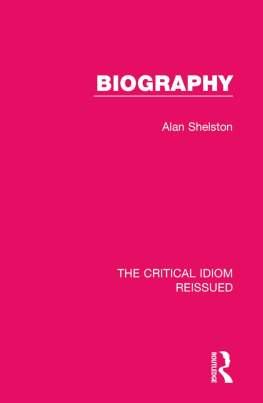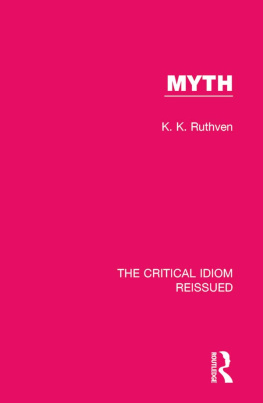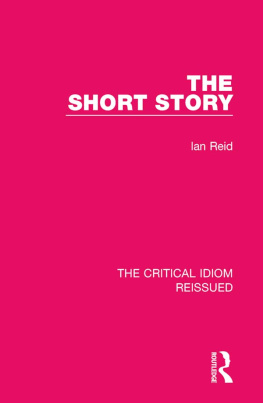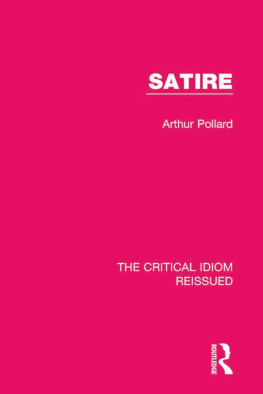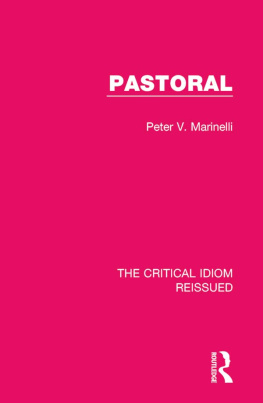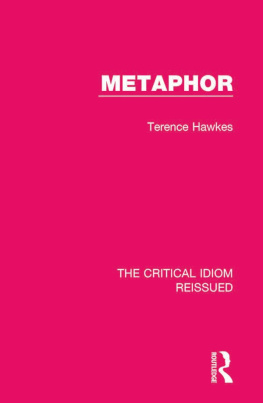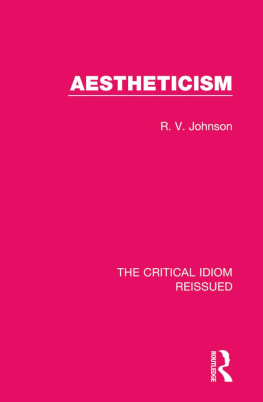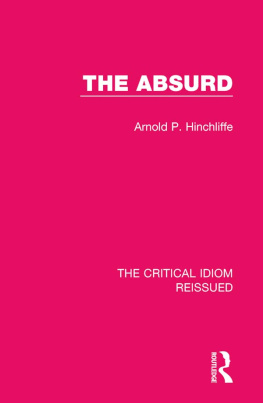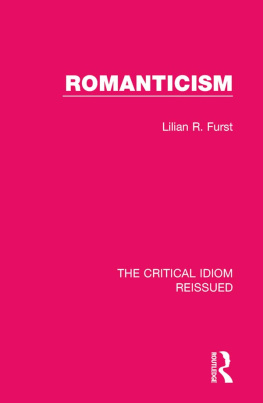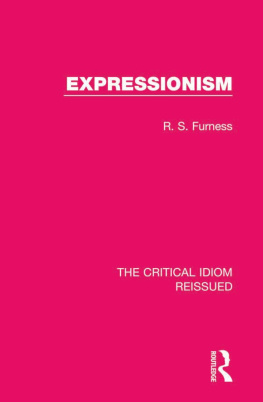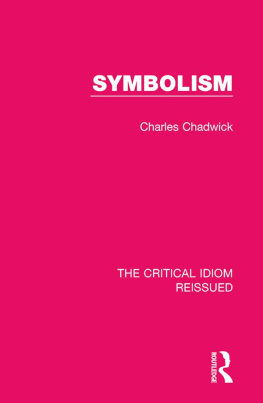Table of Contents
Guide
Print Page Numbers
THE CRITICAL IDIOM REISSUED
Volume 11
PLOT
PLOT
ELIZABETH DIPPLE
First published in 1970 by Methuen & Co Ltd
This edition first published in 2018
by Routledge
2 Park Square, Milton Park, Abingdon, Oxon OX14 4RN
and by Routledge
711 Third Avenue, New York, NY 10017
Routledge is an imprint of the Taylor & Francis Group, an informa business
1970 Elizabeth Dipple
All rights reserved. No part of this book may be reprinted or reproduced or utilised in any form or by any electronic, mechanical, or other means, now known or hereafter invented, including photocopying and recording, or in any information storage or retrieval system, without permission in writing from the publishers.
Trademark notice: Product or corporate names may be trademarks or registered trademarks, and are used only for identification and explanation without intent to infringe.
British Library Cataloguing in Publication Data
A catalogue record for this book is available from the British
Library
ISBN: 978-1-138-21971-7 (Set)
ISBN: 978-1-315-26975-7 (Set) (ebk)
ISBN: 978-1-138-28302-2 (Volume 11) (hbk)
ISBN: 978-1-315-11555-9 (Volume 11) (ebk)
Publishers Note
The publisher has gone to great lengths to ensure the quality of this reprint but points out that some imperfections in the original copies may be apparent.
Disclaimer
The publisher has made every effort to trace copyright holders and would welcome correspondence from those they have been unable to trace.
Plot
Elizabeth Dipple
First published 1970
by Methuen & Co Ltd
11 New Fetter Lane London EC4
1970 Elizabeth Dipple
SBN 416 19770 1 Hardback
SBN 416 19780 9 Paperback
This title is available in both hard and paperback editions. The paperback edition is sold subject to the condition that it shall not, by way of trade or otherwise, be lent, re-sold, hired out, or otherwise circulated without the publishers prior consent in any form of binding or cover other than that in which it is published and without a similar condition including this condition being imposed on the subsequent purchaser.
Distributed in the U.S.A.
by Barnes & Noble Inc.
Contents
This volume is one of a series of short studies, each dealing with a single key item, or a group of two or three key items, in our critical vocabulary. The purpose of the series differs from that served by the standard glossaries of literary terms. Many terms are adequately defined for the needs of students by the brief entries in these glossaries, and such terms will not be the subjects of studies in the present series. But there are other terms which cannot be made familiar by means of compact definitions. Students need to grow accustomed to them through simple and straightforward but reasonably full discussions of them. The purpose of this series is to provide such discussions.
Some of the terms in question refer to literary movements (e. g., Romanticism, Aestheticism, etc.), others to literary kinds (e. g., Comedy, Epic, etc.), and still others to stylistic features (e. g., Irony, The Conceit, etc.). Because of this diversity of subject- matter, no attempt has been made to impose a uniform pattern upon the studies. But all authors have tried to provide as full illustrative quotation as possible, to make reference whenever appropriate to more than one literature, and to compose their studies in such a way as to guide readers towards the short bibliographies in which they have made suggestions for further reading.
John D. Jump
University of Manchester
Plot:
The Basic Problem
Plot currently has no strong place in the pantheon of acceptable literary terms. As a word, it has, in fact, been out of fashion since the anthropocentric surge of Romantic thought when the freedom to write plotlessly was, at least apparently, urged: the composing artist found various metaphors for himself such as that of the aeolian lyre being played upon by the spiritual wind of inspiration, but he was above all not an artisan arranging action according to a tight causal pattern of beginning, middle and end. Tristram Shandy as narrator expresses his freedom with characteristic bluntness: I should beg Mr Horaces pardon for in writing what I have set about I shall confine myself neither to his rules, nor to any mans rules that ever lived. From the eighteenth century to the present, plot has had an automatic association with rules those rules begun so expansively by Aristotles apparent extrapolations from Greek drama and epic and narrowed so stringently by theoretical criticism of Aristotle, Horace and Plato in the late fifteenth, sixteenth and seventeenth centuries in Italy and to a more limited extent in France and England.
The problem throughout has been one of reduction. Aristotles style is sparse although the Greek nouns he uses are highly rever- berative, and his words can be given a narrow literalness which is critically very unrewarding indeed. In certain ways the Italian theorists making their rules about plot reduced Aristotle as they thought to expand him, and we are the unfortunate sufferers in that we tend to have received both Aristotle and Horace through these transmitters. Alain Robbe-Grillet offers a healthy and much needed antidote to all such projections of authority ancient, Renaissance, or modern when he says that no work of art should have a traditionally prescribed pattern but must search out its own form and newness. It is crucial to point out that this does not imply that literature (in this case, the novel) must be plotless, but only that each work must seek its own plan.
Reduction in our thinking about plot also has other, less venerable causes. In some ways plot projects an almost industrial idea, in that it has affinities with the graph, the blueprint and all of the stalest, least interesting diagrams of human order of one sort or another. Almost everything from statistical analyses of the stock market to the Genesis account of Gods six days of creation can be graphed, plotted, seen as part of an orderly plan and superficially understood in this way. This view of plot is necessarily without literary, moral or symbolic value and is artistically unsatisfying: it has a non-literary inclusiveness which is quite repugnant to the mysteries of our trade. When a transference is made from this idea of plot as mathematical graph to literature, the most reduced form is the murder mystery in which every piece of data, both thing and event, is fitted into a jigsaw puzzle arrangement which is unravelled with precision at the end. We read murder mysteries not as a creative literary act, but as something like a means of testing our IQ and surely a literary term should encompass more than that.

